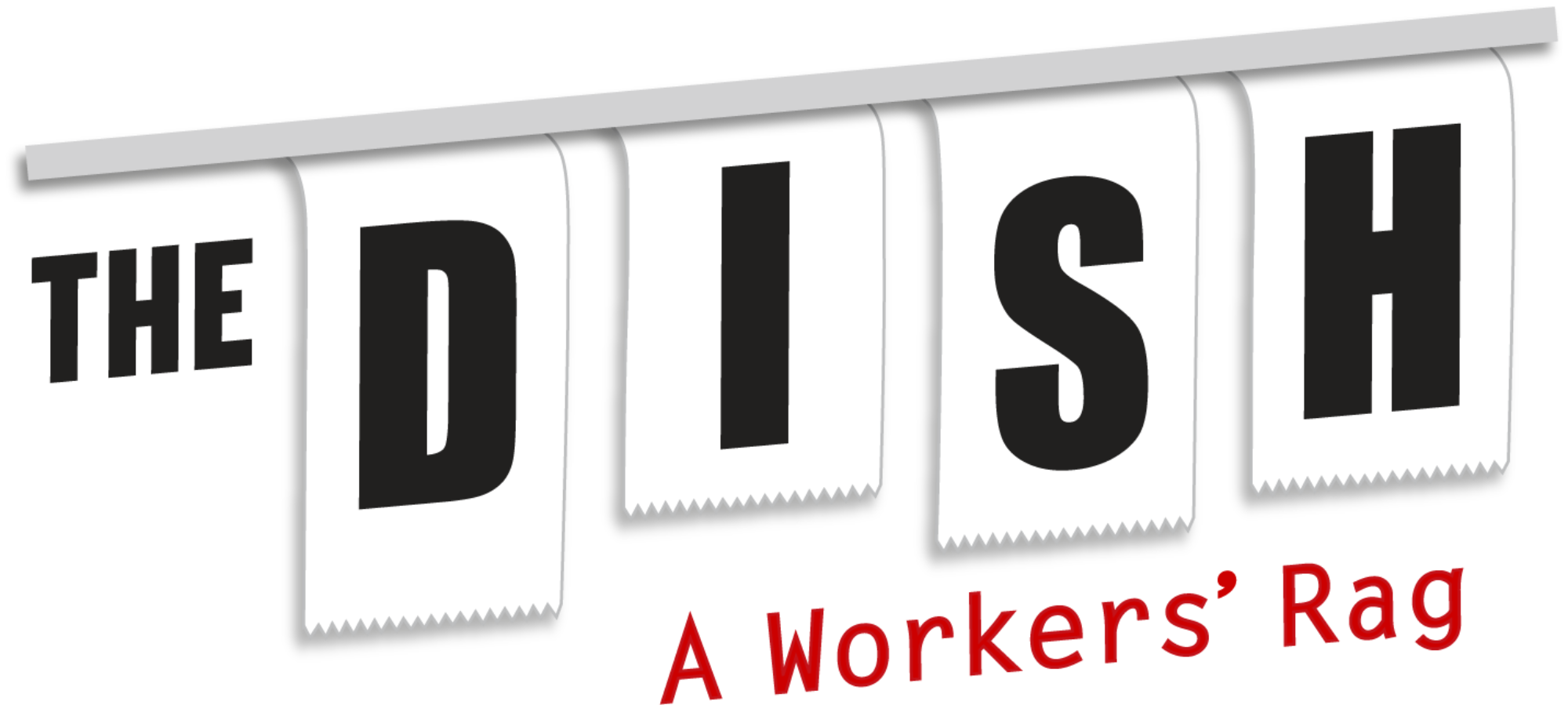Mindlessly scrolling Instagram one evening, you pause. Your heart sinks. Your former restaurant, the place you invested hours and hours in pre-pandemic, has re-opened.
Yet this is the first you are hearing about it.
Without a right of recall, whether established through collective bargaining or enshrined in law, this scenario has been playing out across the country in the wake of initial massive layoffs due to the Covid-19 pandemic. Employees who spent years at a company are having to reapply for their own jobs, or are watching them being given to younger workers for lower wages. Right of recall laws ensure that businesses offer positions to their laid-off former employees first, regardless of employer’s preferences.
Previously, these sorts of protections, also called worker retention, were only seen in unionized workplaces. However, since the summer of 2020 as hospitality businesses started to reopen, laws have sprung up around the country ensuring this right for non-unionized workers. As of this writing, California and cities in California like Los Angeles, San Diego, San Francisco (whose ordinance was much broader but has already expired), Oakland, Carlsbad, Long Beach Pasadena, and Sacramento have passed some form of right of recall ordinances; Baltimore, Minneapolis, New Haven and Philadelphia have as well. Workers in Las Vegas, New York City and Massachusetts have been lobbying their elected officials for similar laws.
Unfortunately, these laws do not apply to all restaurant workers; For those working in hotels, events centers and some airport concessionaires, these legal protections could provide a remedy. And for the rest of us, they can serve as inspiration for organizing our industry into a more just and equitable one.
For instance, if our social-media-using friend in the previous scenario was a sauté cook in a hotel restaurant in California, state law says that they should have received notice from their employer (whether via text, email or mail) in a language known to them that their previous position was now available. The laws would allow them a specified number of days to respond (up to 10 per Oakland law); if they didn’t respond, the employers would be free to move on to the next qualified candidate, which might be another laid-off employee. Only when these avenues are exhausted can the employer then fill the position with new workers. But what happens when a hotel restaurant that previously employed 25 people now only has the need for 10? The employer must offer previously-held positions based on seniority. This is ostensibly to protect workers from discrimination and favoritism.
Some of the laws also stipulate that subcontractors are included too; so if the Dunkin Donuts in the Baltimore airport subcontracts out their workforce, those workers would need to be given priority in hiring as well. Other stipulations may include length of employment prior to the pandemic and/or extending the same protections to the laid-off employees if the business was sold. Enforcement is generally limited to levying fines, most of which are minimal in scope.
It should also be noted that workplaces can choose to reverify their recalled employee’s I-9 documentation (identity and employment authorization) or re-run E-Verify, and although it is technically not required, it is also technically allowed. This process, which could potentially lead to immigrant workers being denied jobs they previously held, is something to look out for. If (or, we hope, when) you do organize your workplace, explicitly prohibiting this in your contract will ensure everyone will have a job to return to. The hospitality industry is made up largely of immigrants (an estimated 31%) and people of color working for low wages and facing extra employment barriers. Additionally, many immigrant workers have been unable to collect unemployment and are especially in need of job restoration if we are to rebuild our decimated industry in a way that ensures we are rebuilding for everyone.
At this point, it’s also unclear if these new laws require that workers are recalled at the same rate and hours as before, or if they can be recalled but with different duties. Many workers in 2020 found themselves called back to drastically different positions than they had left. And another big question still remains: just because the job is available, is the job safe to return to?
Many of the right of recall laws are part of a trend of increased worker input in the legislative process. Worker’s roundtables are one way to get involved in your city; issues such as living wages and fair workweeks are being prioritized at municipal levels across the country.
None of these laws would be necessary, however, if you had a union.
Just another reason to organize your workplace.
